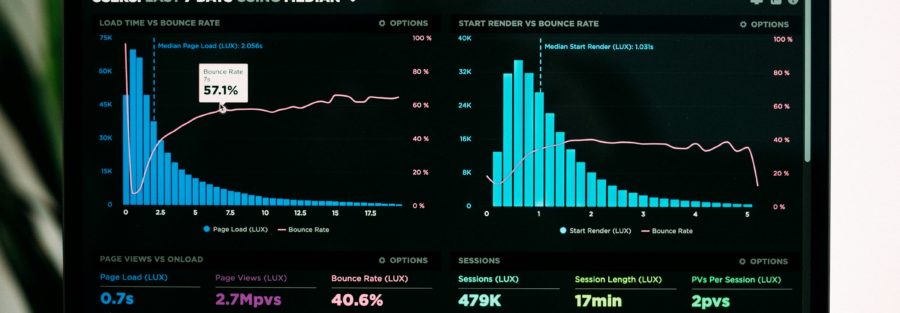HR technology and analytics solutions are essential for optimizing HR processes, improving decision-making, and driving organizational success in today’s digital era.
By leveraging technology to automate tasks, analyze data, and enhance employee experiences, organizations can gain a competitive edge and adapt to the evolving needs of the workforce
HR Technology & Analytics Solutions
We offer expertise in HR technology selection, implementation, and optimization to companies. We help organizations leverage HRIS (Human Resources Information Systems), talent management software, and analytics tools to streamline processes, improve data visibility, and make informed HR decisions.
HR Automation and Solution Acceleration
HR technology and analytics solutions play a pivotal role in modern human resource management, offering several important benefits to organizations:
- Efficiency and Automation: HR technology streamlines administrative tasks such as payroll processing, benefits administration, and time tracking, reducing the time and resources spent on manual processes. Automated workflows and self-service portals empower employees to manage their HR-related tasks independently, freeing HR professionals to focus on strategic initiatives.
- Data-Driven Decision Making: HR analytics provides valuable insights into workforce trends, performance metrics, and employee engagement levels. By analyzing data on recruitment, retention, turnover, and productivity, HR can identify patterns, trends, and opportunities for improvement, enabling informed decision-making and strategic planning.
- Talent Acquisition and Recruitment: HR technology facilitates the recruitment process by automating candidate sourcing, applicant tracking, and resume screening. Applicant tracking systems (ATS) and recruitment software help HR professionals manage the entire recruitment lifecycle more efficiently, from job posting and candidate evaluation to interview scheduling and offer management.
- Employee Development and Training: HR technology supports employee development and training initiatives by providing learning management systems (LMS) and e-learning platforms. These tools enable organizations to deliver personalized training programs, track employee progress, and assess learning outcomes, fostering continuous learning and skill development among employees.
- Performance Management and Feedback: HR technology enhances performance management processes by providing tools for goal setting, performance reviews, and feedback mechanisms. Performance management software enables HR and managers to track employee performance, provide timely feedback, and align individual goals with organizational objectives, promoting accountability and continuous improvement.
- Employee Engagement and Retention: HR technology helps improve employee engagement and retention by facilitating communication, recognition, and feedback channels. Employee engagement platforms and pulse surveys allow organizations to gather real-time feedback, measure employee sentiment, and identify areas for improvement, fostering a positive workplace culture and reducing turnover.
- Compliance and Risk Management: HR technology ensures compliance with labor laws, regulations, and industry standards by providing tools for HR policy management, documentation, and reporting. Compliance management software helps organizations track regulatory changes, manage compliance requirements, and mitigate legal risks associated with HR practices.
- Remote Work and Collaboration: HR technology supports remote work and collaboration by providing virtual communication tools, collaboration platforms, and remote work policies. With the rise of remote and hybrid work models, HR technology enables organizations to maintain connectivity, productivity, and engagement among distributed teams.
Frequently Asked Questions
Understanding the organization's HR challenges and objectives helps identify the most suitable technology solutions. Whether it's improving recruitment efficiency, enhancing employee engagement, or optimizing performance management, aligning technology investments with strategic HR priorities is essential for success.
Identifying the must-have features and functionalities ensures that the chosen solution meets the organization's requirements. Whether it's applicant tracking, performance management, learning management, or predictive analytics, prioritizing essential capabilities helps narrow down the options and select the most suitable solution.
Integration with existing HR systems and workflows is critical for seamless implementation and user adoption. Understanding compatibility requirements, data migration processes, and integration capabilities ensures a smooth transition and maximizes the value of the technology investment.






